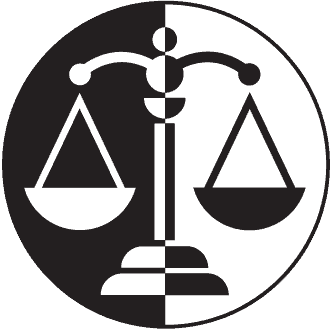If you’re separated from your spouse and contemplating divorce, updating your estate planning documents is likely the last thing on your mind. However, failing to revise or revoke a Will or Power of Attorney that you signed during your marriage could result in unintended consequences.
Unintended Consequences of Failing to Update Your Estate Documents When You Separate or Divorce
- If you signed a Last Will and Testament or a set up a Revocable Living Trust leaving all of your assets to your husband or wife, they may end up being the recipient of your estate if you die before your divorce is final.
- If you named your spouse as beneficiary of your retirement or life insurance or investments, those funds could pass automatically to your estranged spouse if you pass away.
- If you signed a Durable General Power of Attorney naming your former spouse as your agent, your ex may have authority to access all of the money in your bank and investment accounts, and the Power of Attorney may even grant them the right to transfer your assets into their own name.
- If you signed a Health Care Power of Attorney naming your spouse as your health care agent, then he or she will be the person the hospital calls to make decisions about your medical care if you have an accident or serious illness that leaves you unable to communicate your wishes to your doctors.
What happens if your Will includes provisions for your ex husband or wife?
The law in North Carolina does provide that provisions in Wills and other estate documents favoring a former spouse are revoked upon divorce, however, you must be separated for at least a year before you can become officially divorced. For this reason, if you’re recently separated and not yet divorced, it’s crucial to revise your estate planning documents to make sure they reflect your wishes. Furthermore a recent North Carolina appellate court decision involving the Will of a divorced testator held that while provisions in a Will favoring a former spouse are revoked upon divorce, other provisions of the Will mentioning that former spouse remain in effect. Under that recent court decision, if you executed a Will leaving assets to a child or family member if your spouse predeceased you, and your former spouse is still alive when you die, then the gift under that Will fails and that portion of your estate would pass to your heirs under the North Carolina intestacy laws, who may not be the persons you wanted to receive your estate.
__________________
The attorneys at Allen & Spence have been practicing Family Law and Estate Planning in Raleigh, North Carolina for twenty-eight years. Contact them at 919-863-4183 if you need help with a divorce or revising your estate documents.

